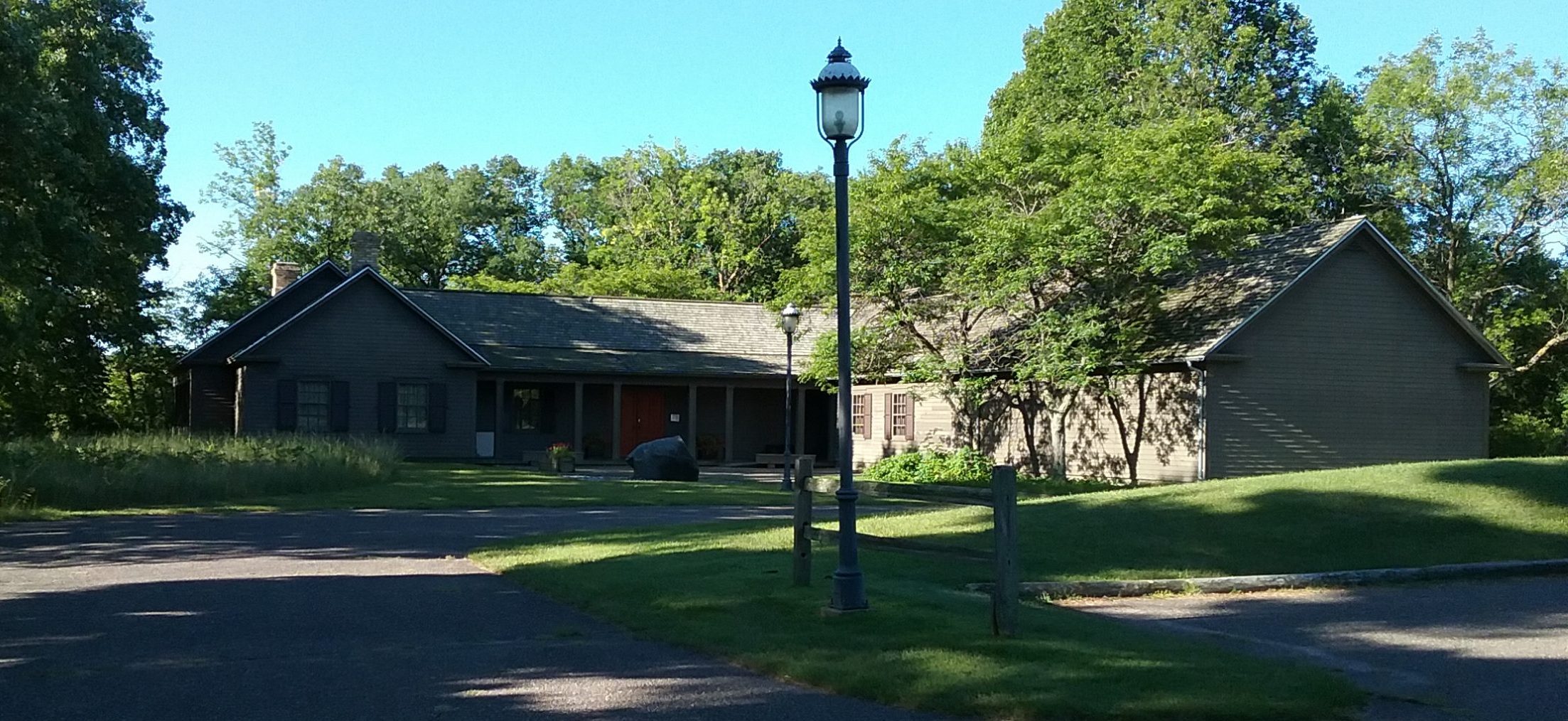We’ve heard the same story far too many times at our museum and it always makes us cringe. Such-and-such township has its records stored in the unheated attic of the town hall, or the records went to so-and-so’s house and we haven’t seen them since. Are your township’s records scattered or stored in less-than-ideal conditions? If so, we’re here to help.
The first thing you’ll want to do is gather up as many of your township’s records as you can find. Ask around. Town board members (past and present), and especially the Town Clerk, should be able to give you ideas about where records are being kept. One issue you may run into when trying to locate town records is a protectiveness on the part of the person keeping those records. Tread lightly, but try to convince the person that it’s in the best interest of your township’s history to bring all the records back together in a central location.
Here’s a little fair warning. If you’ve taken this task upon yourself, you might be tempted to adopt the same protective attitude toward these records. It’s only natural when you’re doing the work, but try not to give in to the temptation. The point of this exercise is to make your township’s records more accessible, while also preserving them for as long as you can. It’s a balancing act historical societies have to deal with every day, so we know your pain.
Once you have collected township records, organize them in a logical fashion. For example, put the town board minutes together in date order. We’ll leave you to your own devices in organizing things, but be consistent in whatever system you choose and try to file things in a way that will make later retrieval intuitive and easy.
Next, put your newly organized records into storage containers. Museums typically use acid-free boxes, which can be quite expensive. There is a cheaper solution. You can purchase plastic tubs from your nearest discount retailer. Try to find white or clear boxes, so you won’t have a problem with the color of the boxes affecting the records. Be sure the records aren’t damp before putting them into plastic containers or the micro-climate that’s created will cause them to mold. Put a label on the outside of each box that indicates that these are “Official Township Records” and specifically what is inside. Also on the label, indicate who should be contacted if something should happen to the current record keeper.
When your records are organized and you get a sense of how much space they take up, you’ll need to locate a facility to store them in. Ideally, you will want a place big enough to contain all of the records, plus extra space for future records. You’ll also want a location that can be easily accessed by the town board and clerk. Now that you’ve spent precious time gathering these records, you don’t want them to drift back into private homes.
In a perfect world, you’ll also want to select a space that has temperature and humidity controls. What you’re looking for is a space that is comfortable for human beings to live in, not too wet, not too dry, not too warm, not too cold. (Between 45-55% humidity and between 50-70 degrees Fahrenheit.) If the town hall’s attic is unheated, that’s not the best place for preserving records in the long run.
Before you get your undies in a bunch about how you can’t find a space that meets all of these requirements, let us assure you that if you can manage to do even a little, you have done a lot toward preserving township records. If you can accomplish pulling the records together and getting them into labeled containers, your records will be much better off, even if you have to store them in a space that isn’t climate-controlled.
In dealing with township records, there’s one other option to consider. What if the records are no longer needed? Before you start pitching them into the trash, approach your county historical society to discuss your options. State law mandates the disposition of certain records, but other township records may be donated to county historical societies. Be aware that once you donate records, they become the property of the historical society. If the township still wants ownership, ask about the possibility of loaning the records to the county historical society. In making this sort of arrangement, the town board may want to include a line item in its budget that will help the historical society with costs associated in keeping the records.
Taking care of township records can be a daunting task, but you don’t have to go it alone.
For more information, contact your county historical society.
Cass County Historical Society – 218-547-7251
Crow Wing County Historical Society – 218-829-3268
Morrison County Historical Society – 320-632-4007
Todd County Historical Museum – 320-732-4426
Wadena County Historical Society – 218-631-9079
By Mary Warner
Copyright 2008, Morrison County Historical Society
